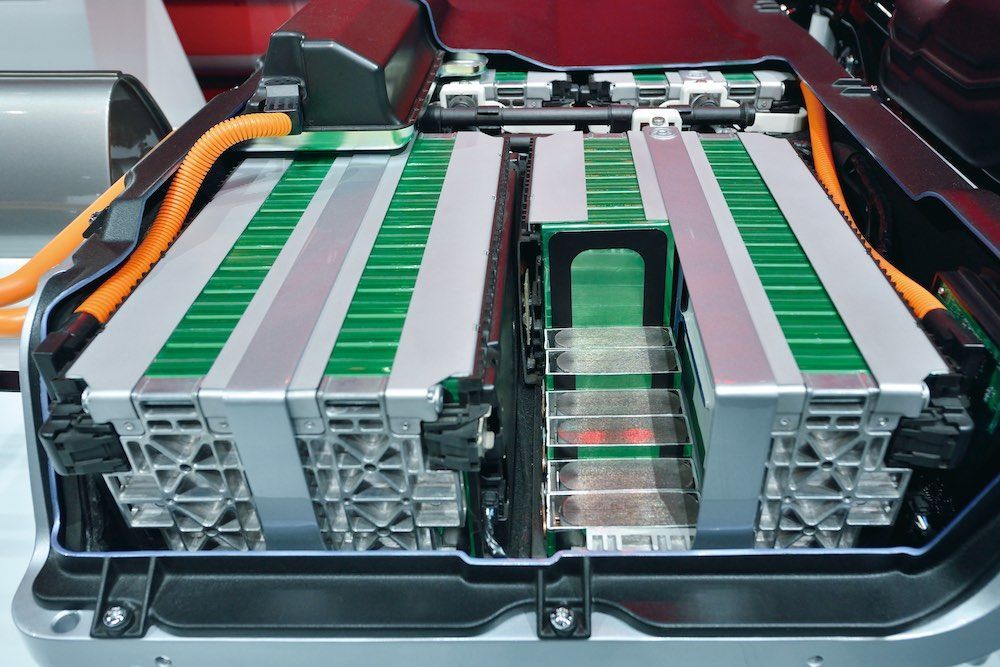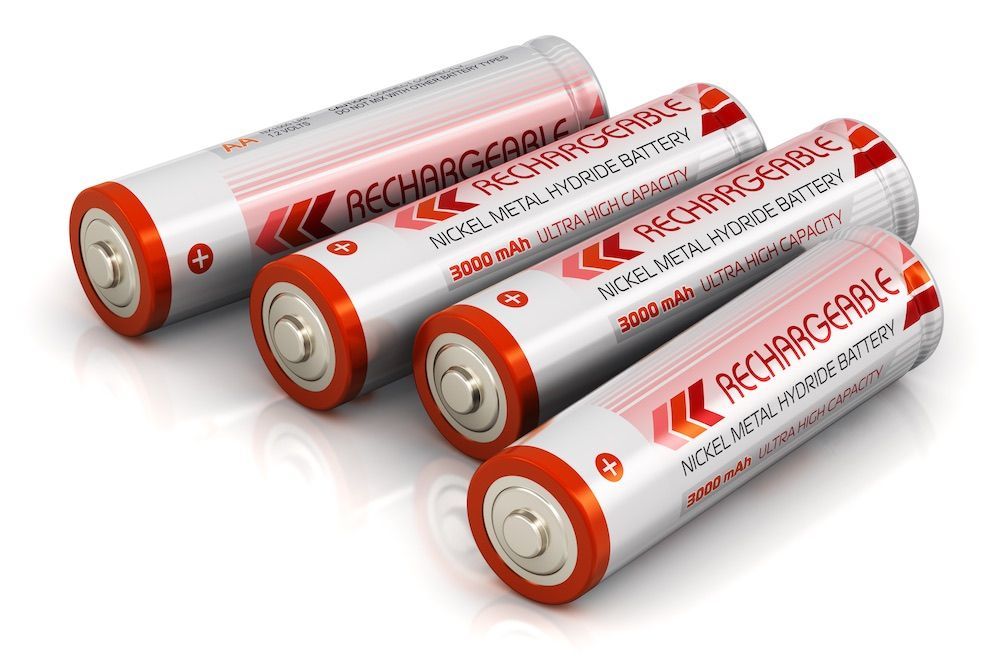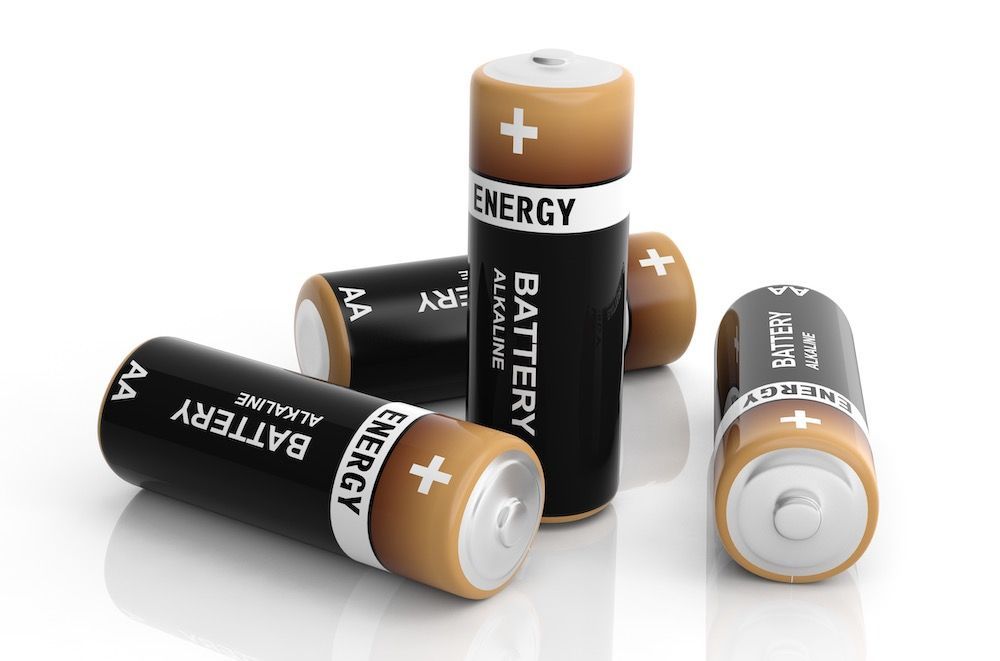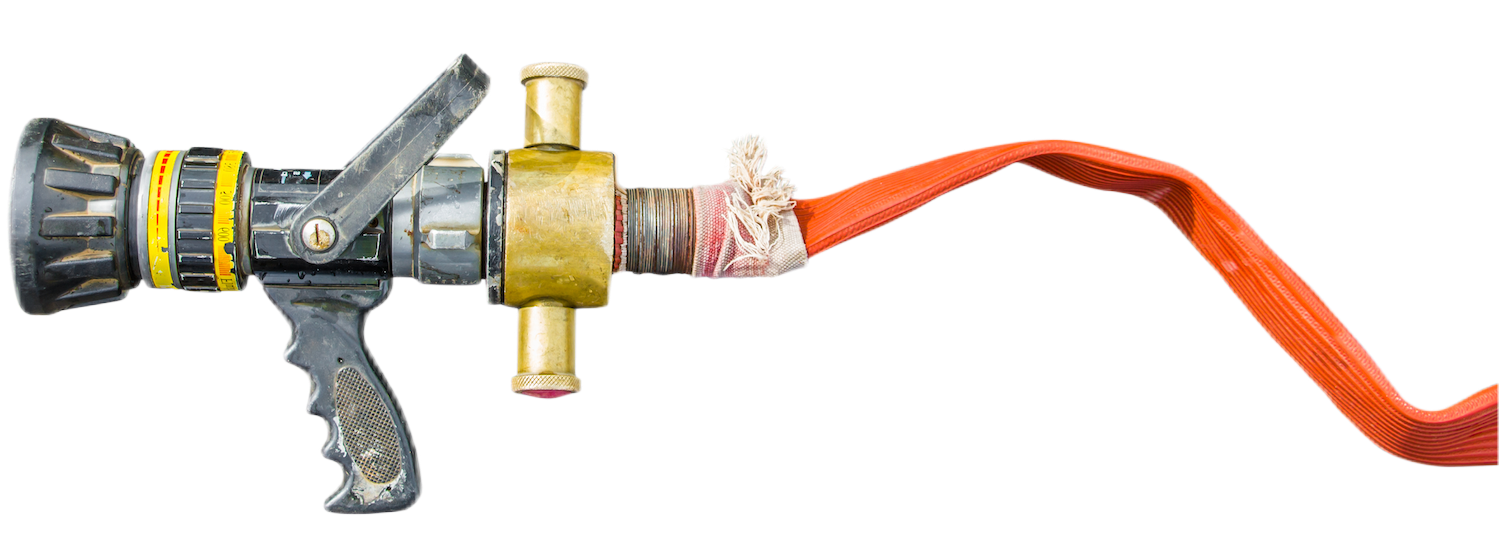Battery Recycling
Are you looking for Electric Vehicle Battery Recycling and Disposal?
Battery Recycle Bin Program Overview
When it comes to battery disposal, Surplus Service recognizes the need for clear guidance and simple steps when working with participating collection sites.
Our program provides a variety of support materials and has a team ready to assist you every step along the way.
Surplus Service is the one-stop for your battery recycling needs. We remain accountable for the entire process, from on-boarding, to collection, all the way through the disposition of the collection.
To join the collection program, contact a Surplus Service. We will guide you through each step.
Our program accepts dry-cell consumer batteries weighing up to 11 lbs. each.

Slide title
Write your caption hereButton Write your caption hereButton
Write your caption hereButton
Slide title
Write your caption hereButton
Flexible and Customized Solutions for Battery Disposal
Surplus Service offers flexible solutions for collecting and recycling your batteries and cellphones.
Upon enrollment, most collection sites need to decide between being a private collection site and becoming a consumer-facing drop-off location based on their individual business needs. However, it is highly recommended that sites wanting to increase consumer traffic – such as retailers and libraries – be consumer-facing.
Surplus Service lists those sites on its locator to help promote their battery and cellphone recycling efforts.
The next step is to choose between the collection kit (box shipping) and the bulk shipping options.
The Collection Kit
Surplus Service consumer-friendly display box can be used for both collecting and shipping batteries and cellphones for recycling batteries and cellphones in retail stores, businesses, government offices or warehouses.
Our patented box with special U.S. DOT and TC shipping permits can hold up to 66 lbs. of materials. Once the full box is shipped back to be recycled, another box can be automatically sent to you – making both collecting and shipping batteries and cellphones a breeze!
Bulk Shipping
Bulk shipping is an option for organizations that collect high volumes of batteries – 500 lbs. or more per shipment. Sites can use their own large containers such as drums, or receive Surplus Service boxes flat on a pallet to ship back collected materials.
The online bill of lading (BOL) walks you through regulatory requirements of the bulk shipping process and once completed, generates shipping documents including the BOL.
Battery Types Accepted
Electric Vehicle (EV) Batteries
Accepted throughout the US.
- Lithium-Ion
- Nickel-Metal Hydride
Dry-cell Rechargeable Batteries
Accepted throughout the US.
- Small Sealed Lead Acid - SSLA/Pb
- Lithium Ion - Li-Ion
- Cellphones
- All sizes, makes and models accepted throughout the US
- Nickel Metal Hydride - Ni-MH
- Nickel Zinc - Ni-Zn
- Nickel Cadmium - Ni-Cd
Single-Use Batteries
Accepted at no cost in Vermont only. U.S. Municipalities and other businesses can take advantage of our fee-based options through the GreenVantage Suite. Consumers and small businesses are invited to visit our website for our box options.
- Single Use Alkaline
- Single Use Lithium Primary
Battery Solutions we offer...
The issues related to battery disposal
Many e-scrap recycling facilities face a hazardous scenario as a result of the daily influx of lithium-ion batteries that they receive, therefore they must be ready. Safeguarding employees and averting fires depend on proper battery removal and sorting.
The employees at an e-scrap site may still take precautions to stop a devastating fire even if the batteries are degraded and start to experience thermal runaway. One way to respond appropriately is to fully comprehend what is occurring inside the battery.
To avoid short circuits, which might cause a heat incident, all lithium-ion batteries should be packed. Use electrical non-conductive tape to cover exposed battery terminals to prevent short circuits, and use inner packaging to keep batteries from touching one another. Additionally, when utilizing inner packing material, make sure cushioning material that is electrically non-conductive and non-combustible covers the empty areas between the batteries. By making sure the packages are fastened to a pallet, handlers can reduce the chance that these batteries shifting and igniting.

Battery Safety
In the event that a fire does develop, it is crucial to practice putting out lithium-ion fires.
The emotional centers of the brain will take control and guide the response from the “fight or flight” part of the brain if preparation and thoughtful consideration of how to react to a lithium-ion battery fire—and, more significantly, why they need to behave this way—are lacking.
Because it is what they have been taught since they were young, the majority of individuals are likely to respond in this situation using a Class ABC or Class D fire extinguisher.
Fire extinguishers, however, should not be used to put out a fire caused by a lithium-ion battery.
Water, especially in big quantities, is the extinguishing agent that is most easily accessible.
The necessity to cool a lithium-ion battery is due to the fact that heat triggers the thermal runaway process, which eventually causes a fire.
- At around 266 degrees Fahrenheit, the electrolyte ignites and flames develop.
- At roughly 360 degrees Fahrenheit, if the heat builds up, the aluminum in the cathode material starts to deteriorate and release oxygen, escalating the fire.
Lithium-ion batteries may burn at around 1,600 degrees Fahrenheit if left uncontrolled.

Don't Take The Risk
With these issues in mind we strongly recommend that you work with a certified, experienced ewaste management company to handle the disposal of your batteries, especially rechargeable batteries including lithium-ion batteries.
Your e-waste needs are about to be solved. You are just one phone call away. Fill out the form and we’ll get back to you ASAP.
